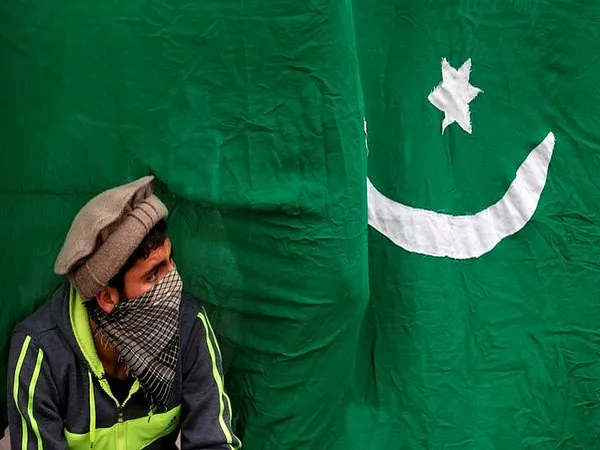Pakistan courts failed to take firm action against ‘enforced disappearances’
The cases of kidnapping and enforced disappearances of activists, journalists, and even students have become common in Pakistan but still, the court has not taken any concrete steps to put a full stop to the rising number of cases.
Recently, the Islamabad High Court ordered Pakistan Prime Minister Shehbaz Sharif to come before the court in person for the state’s failure in finding the missing persons but didn’t ask any questions to the army.
The Pakistani government’s inability to devise a proper mechanism from the fact that the army is itself behind these enforced disappearances but the court has no courage to take on the establishment. That is why army officials are never questioned by the courts, Asian Lite reported.
Amid the international pressure, the Islamabad government appointed the COIED a decade ago. It received staggering 8,463 cases though activists claimed the actual number to be much higher. The commission could not trace beyond one-third of these cases so far.
Human rights organizations and torch bearers of democratic rights have expressed frustration as the Commission of Inquiry on Enforced Disappearances (COIED) has failed to provide justice and courts are failing to hold Pakistan’s Army- the real force behind enforced disappearances- accountable.
Earlier, Islamabad decided to amend the Criminal Act to strengthen the hands of the COIED, two clauses were added that were seen as detrimental to the very objective of addressing the problem of enforced disappearances.
The expert said that the major reasons for the commission’s failure to provide justice, were, the lack of powers to hold the perpetrators accountable, lack of transparency, and functional independence.
According to the publication, Over 14,00 people went missing in Balochistan and the count is rising every day. The court said, “It is indeed the most grave and intolerable form of torture suffered by the persons who have been subjected to enforced disappearances but more so for their loved ones.”
But still, the court didn’t raise any questions to the establishments despite the people going missing especially from Balochistan blaming the military for illegal detentions and enforced disappearances.
Though it said tacitly that enforced disappearance could be an undeclared and tacit policy of the Pakistani establishment to suppress people who criticize or question its powerful army or seeks implementation of basic rights.
Many victims of enforced disappearance said police refused to name military agencies or personnel in the FIRs. And even if they do, no accused military personnel appear before the courts. And now after the Islamabad court’s remark, calls are being made to remove the COIED’s Chairperson, Justice (retired) Javed Iqbal, from the position.
According to the non-governmental organization, Maat for Peace, Development and Human Rights Association’s statement submitted to the United Nations, all the arrests by the Pakistani Army are carried out without any charges and also outside the law so they are called “enforced disappearances.”
The United Nations too has raised concerns over the lack of legal instrument that facilitates relatives of the victims to pursue the cases of enforced disappearances due to “fear of reprisals or lack of trust,” according to the publication.
Amnesty International in its 2021-22 report said accountability for enforced disappearances remained elusive in Pakistan.

